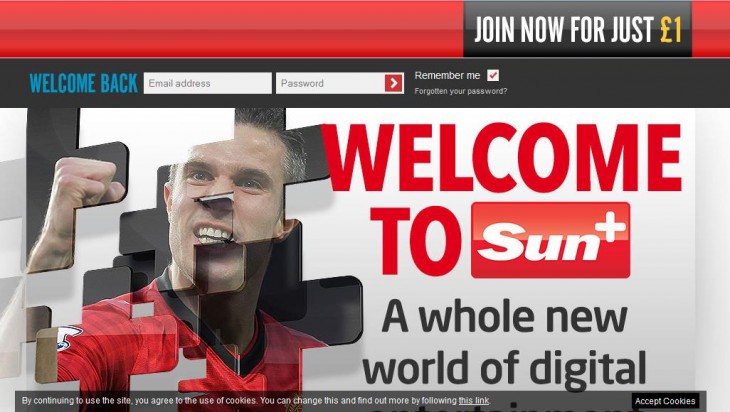
Newspapers have struggled in recent years with the means to stay up-to-the-minute in a world of instant online information. On top of that, newspapers steadily began to lose subscribers in an era where news was not only available instantaneously and timely, but also for free.
A number of newspaper publishers have experimented with putting limitations on their digital material. Some use a model where certain articles are free and easily accessible, while other more newsworthy articles are only available to paid subscribers. Other publishers have taken a different approach, one that was met with instant outcry but that has slowly come to be the norm: the paywall system.
Under a typical paywall, readers can access only so many articles–of their own choosing–per time period, and then must subscribe to read any further news. While some critics saw this as baiting people with astonishing headlines in order to lure new subscribers, it is a model that is growing in popularity with publishers. According to new information on UK’s The Sun, that model has apparently grown popular with subscribes, too: an additional 117,000 subscribers, in fact, since the outlet began using a paywall system on its digital counterpart, The Sun+.
According to information from The Guardian, those subscribers have all come on board since the August 1, 2013, implementation of the system. Unfortunately, some reports indicate that The Sun needs more than 250,000 subscribers in order to keep the cost effectiveness of the move in check.Unfortunately, there are reports that the more than 30 million online fans of the digital paper dropped dramatically once the paywall was rolled out, looking elsewhere for free content.
David Dinsmore, editor, has admitted that there is no really clear social media strategy in place at the UK’s top selling tabloid, and that they are hiring a team to fix that in the immediate future. Having a clearer strategy in that regard can increase subscribership almost immediately.
Mercy Pilkington is a Senior Editor for Good e-Reader. She is also the CEO and founder of a hybrid publishing and consulting company.